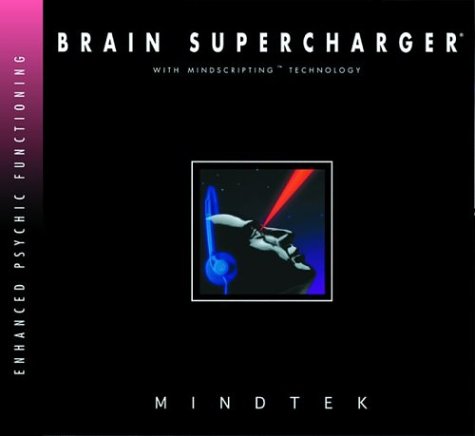Mind Wide Open: Your Brain and the Neuroscience of Everyday Life
| Date: 15 April 2011, 09:16
|
The idea for this book began with a nervous joke -- a handful of nervous jokes, to be precise. A few years ago, thanks to a lucky convergence of events and a long-standing curiosity, I found myself in the office of a biofeedback practitioner, lying on a couch with sensors attached to my palms, fingertips, and forehead. As we talked, the two of us stared into a computer monitor, where a series of numbers flashed on the screen like some kind of low-budget version of the CNBC ticker tape. The numbers documented precisely how much I was sweating and updated several times a second. I've never taken a lie detector test, but something about having a stranger ask me questions while keeping a close eye on my sweat glands put me on edge. And so I started making jokes.
Getting a little tense was partly the point of the exercise. The machine I was attached to was tracking changes in my adrenaline levels, the "fight-or-flight" hormone secreted by the adrenal glands in situations that require a sudden surge of energy. Increased adrenaline can be detected through a number of means: because the hormone diverts blood from the extremes of the body to the core, drops in temperature at the extremities often suggest a release of adrenaline (hence the sensors on my fingertips). Sweating is also a telltale sign of heightened adrenaline levels. Because damp skin conducts electricity more effectively than dry skin, the electrodes on my palms could track how much I was sweating by monitoring changes in conductivity over time.
Biofeedback systems are designed to give you a new kind of control over your body and mind by making physiological changes visible in a new way. After a few sessions, biofeedback users learn to "drive" their adrenaline levels up or down almost as though they were deciding to lift a finger or bend a knee. The brain, of course, is constantly adjusting adrenaline levels anyway -- it's just that you're not usually aware of the process other than as a background sense of increased energy or calm.
For the first five minutes of the session, my adrenaline levels remained at the midpoint of the scrolling chart, bouncing around ever so slightly, but with no real pronounced variation. And then something in the situation -- I can't remember now what it was -- caused me to make an offhand joke. We both chuckled at my remark and then noticed that a huge spike had appeared on the monitor. Making the joke had triggered a surge of adrenaline in me. Or was it the reverse? Perhaps the rise in adrenaline was me mentally revving the engines before launching my joke into the environment. Whatever the causal chain, my joke-telling and my adrenaline levels were locked in some kind of chemical embrace.
The extent of that link became clear at the end of our session, when the therapist handed me a printout of my adrenaline levels plotted over our thirty-minute encounter. It was, simply put, a timeline of my attempts at humor: a flat line interrupted by five or six dramatic spikes. I looked at that paper and thought: I've caught a glimpse of me here, viewed from an angle that I've never experienced before. I'd known for many years that I had a tendency to crack jokes compulsively in certain social situations, particularly in situations where the formality of the setting made humor a riskier bet. But I'd never thought about those jokes as triggering a chemical reaction in my own head. Suddenly, they seemed less like casual attempts at humor and more like a drug addict's hungering for a new fix.
|
DISCLAIMER:
This site does not store Mind Wide Open: Your Brain and the Neuroscience of Everyday Life on its server. We only index and link to Mind Wide Open: Your Brain and the Neuroscience of Everyday Life provided by other sites. Please contact the content providers to delete Mind Wide Open: Your Brain and the Neuroscience of Everyday Life if any and email us, we'll remove relevant links or contents immediately.
 Comments (0)
All
Comments (0)
All









